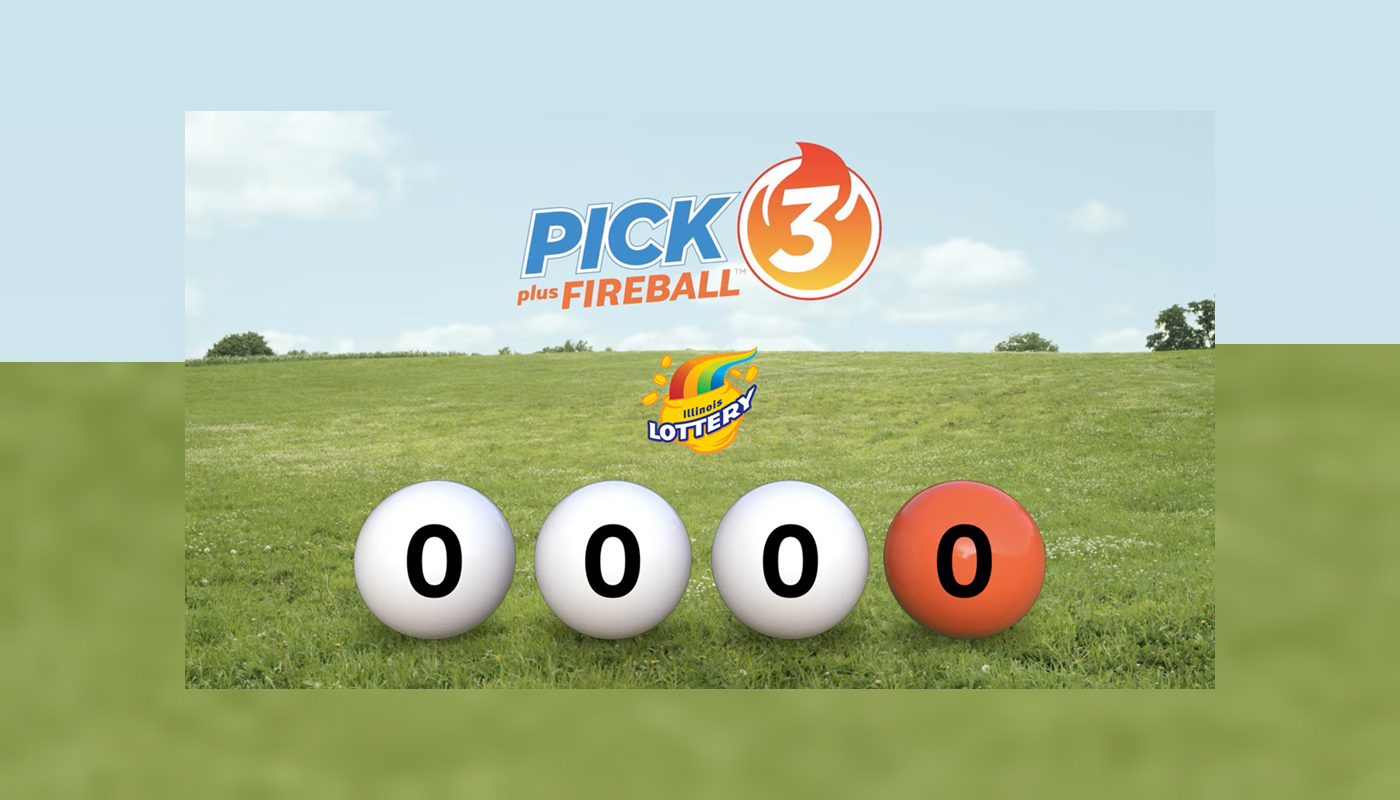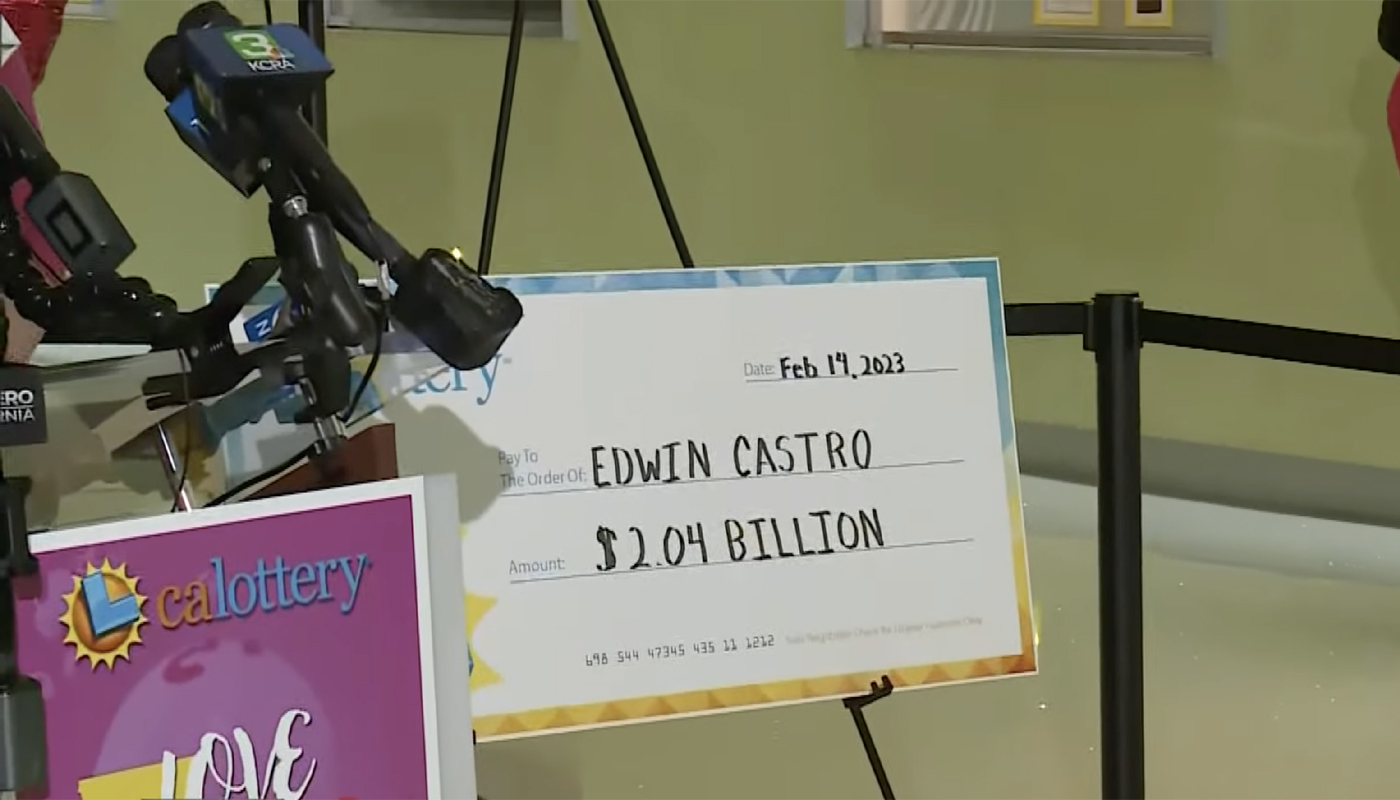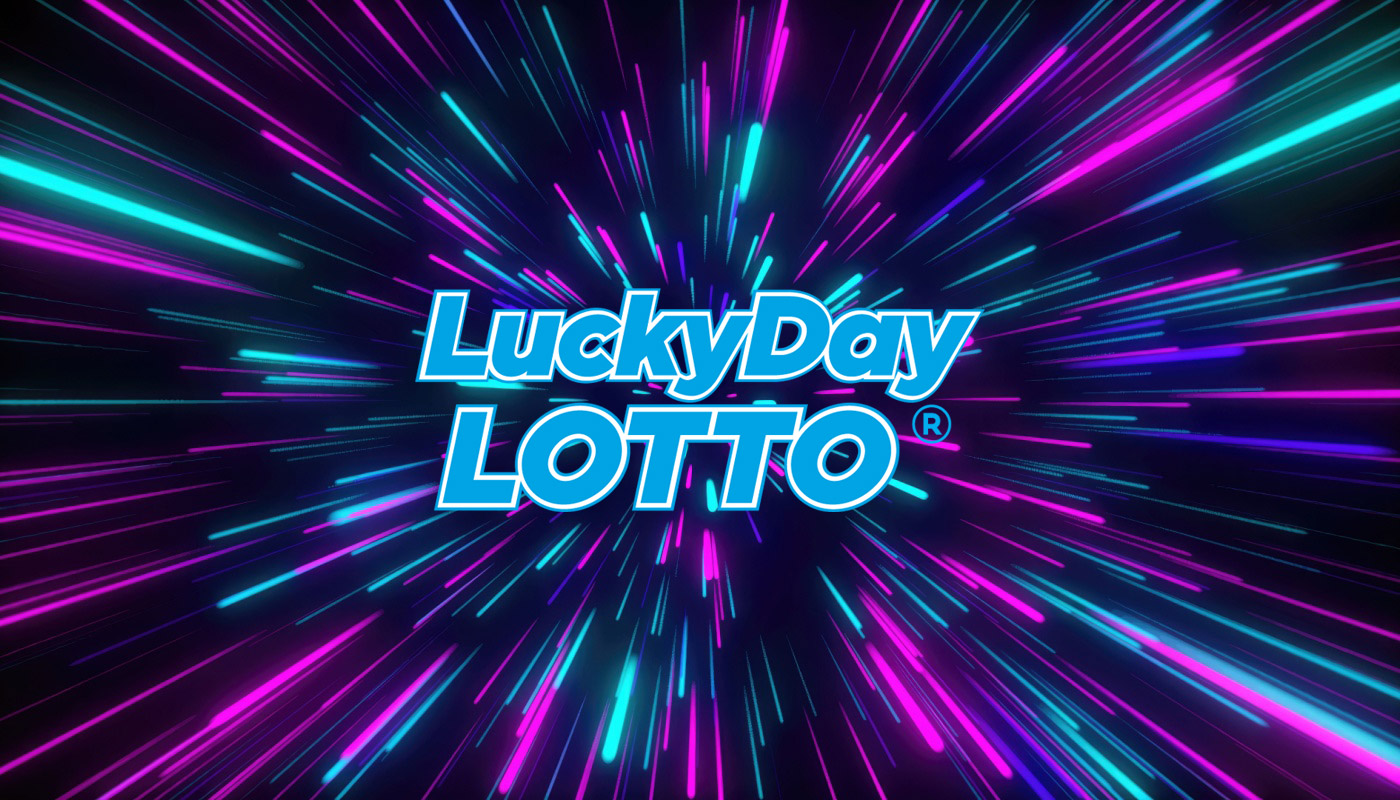
News writer; Opinion columnist
Who is the first person you'd call after a big lottery win? The answer for most people is probably a spouse, loved one, best friend, or parent. However, if you want to ensure that your new fortune lasts long enough to become a legacy, you might want to make your first call to lottery lawyer Kurt Panouses.
Kurt is a Florida-based lawyer whose practice focuses exclusively on lottery winners. From billion-dollar jackpot winners to scratch-off millionaires, he's helped hundreds of clients deal with the most enormous windfall of their lives.
To help guide his clients to success, he has developed a playbook to teach people how to handle the millions that come from a major lottery win. In an exclusive interview with Lottery USA, he shares his best advice on how big winners should manage their fortunes.
Lottery lawyer
Kurt is an attorney with extensive experience working in wills and trusts, as well as a CPA license from his time as a practicing accountant.
He handled his first lottery case in the late 1980s when he was referred to a couple who won $7 million from the Florida lottery.
One day, I got a call from an attorney that I knew, and he said, 'Kurt, I'm sending you a client. He and his girlfriend won the lottery.' And I said, 'Okay, great. I said, it'd be fun to look into that. And I thought it was just going to be an estate plan of some sort.
He began with the basics and demonstrated to his clients how to complete the form to claim their jackpot. He says the couple loaded their friends into a party bus and drove down to the state's lottery headquarters, where they collected their money.
Next thing I know, I'm getting a phone call that they're going their separate ways because they quit their jobs, obviously, and they checked into a hotel down in the Keys, and before you know it, in three months, they've gone through the first year's allotment. And so that kind of stuck with me that, hey, it's more than just a claim. And I let these people down by not really making it clear that they needed help afterwards.
Kurt realized that people new to sudden wealth needed help with more than just how to pick up their check; they needed someone to show them what to do after it was in their accounts.
Make a plan
The most crucial thing Kurt does for all of his clients is to help them form a game plan to protect and maximize their wealth. While buying a lottery ticket can be a spur-of-the-moment decision, taking care of your millions after you've won takes careful planning.
Kurt believes that creating a detailed financial strategy is essential for lottery winners who don't want to lose their fortunes.
The problem for a lot of lottery winners is they're scared and they want to get that ticket turned over immediately, but I want them to take their time. It's important to discuss things and to communicate so that they can understand all of the problems and issues that could be coming their way and how we're going to solve them. This is a one-time opportunity, and there are no do-overs if you make a mistake and lose your money.
For example, while the first thing many of his clients want to do is pay off their outstanding debt, there are circumstances where that's not the best financial move.
They all want to pay off their mortgage, so I'll ask them what their interest rate is. If they say it's 2%. I go, well, we're not going to pay off your mortgage, because you could invest your money instead and earn back 5% or 6% without any risk. So let's just keep paying off that 2% loan. However, if their mortgage interest rate is seven or eight percent, I'll say Yeah, let's pay it off.
Stay anonymous
Kurt’s services go beyond helping his clients manage their wealth because he believes that one of the most critical steps for any lottery winner to take is to remain anonymous after their win.
Claiming anonymously is important. I think anonymity is really the key to these people's success. That's what makes the difference between people having a wonderful life and living it, enjoying it, versus people who have problems. Once people find out that winners have money and how they got it, they become targets. You'll hear from everyone, from family members to scammers to random people who have sob stories to tell you.
Because the rules on how to claim money vary from state to state, Kurt employs a variety of legal strategies, including combining trusts and LLCs to conceal the identities of winners from the public.
However, there is one piece of advice that he believes is universal for every winner.
So I always tell people, okay, the first thing I want you to do with your ticket is do not sign it. Do not mark it. Now, this goes against every single lottery article out there. Most of them say, Sign the ticket as soon as you buy it. But if a name's on the back of a ticket, many times that name has to be used in the claiming process, and you cannot remain anonymous.
He suggests taking a different set of steps to prove your ownership of a winning ticket.
Make a copy of the front and the back, take a selfie with you holding the ticket so that you can see your face and the complete front of the ticket that has all the numbers on it and the barcode on it, and the ticket number on it front and back, and then put the ticket in a safe place. Put it in a safe deposit box at a bank. Don't put it in your refrigerator because the paper will disintegrate. Put it in a safe place with air conditioning.
Spread the wealth
Many of the winners Kurt works with want to provide cash gifts to their friends and family, and while he thinks that's an admirable idea, giving away your money in the wrong way could leave you with a massive tax bill.
Any time you transfer a large amount of money to another person, even if it's a gift, the IRS will tax that amount up to 40%. So if you gave someone one million dollars, you could have to pay an additional $400,000 to the government for your gift tax, and this number doesn't include additional state taxes, which vary.
Kurt suggests that you can avoid the gift tax by assigning a certain percentage of the ticket to the person you want to give money to. For example, if you won $10 million and want to give someone $1 million, you can assign them 10% of the value of the ticket when you claim the money.
This is the same method that people in ticket-buying groups use to make sure everyone gets their fair share.
We may want to assign them a small percentage of the winning ticket. So they own 5% each or 10% each, and the true owner has 60%. So that way the client's not making a gift to them. If they make a gift to them, they're paying an income tax and a gift tax, and income taxes as high as 37% which is just the federal tax. And then your gift tax is 40% once you go over the exemption.
With this method, your recipient will still have to pay the lottery tax (which is unavoidable), but it prevents your money from being taxed twice with the additional gift tax.
Take your time
Taxes are an inevitable part of winning the lottery; however, there are ways to reduce and delay your tax bills depending on when you win.
If someone has a winning ticket for $600 million in November or December, I might say to them, well, why don't we just wait a couple of weeks and go claim it on January 1 or the first week of January? That way, you can use your money for the entire year before you have to pay taxes on it.
Additionally, the tax code changes from year to year, so if Congress is debating a bill that could potentially lower your tax liability, it may be beneficial to wait to claim your prize.
So, as we put your plan together, we need to consider whether the tax rates for the next year will be higher or lower than this year. You have 180 days, basically six months, from the time you win to when you need to claim your prize, and sometimes, you can benefit by waiting.
Lump sum vs annuity
Every lottery player knows that one of the first questions you'll have to answer after a big win is whether to take a one-time lump sum payout or an annuity that pays out over several years.
The vast majority of players chose the one-time payout, believing they could earn more money by investing on their own. However, Kurt believes there are some circumstances in which the annuity is the better option.
I had a client, she was 45 years old and had been teaching for 20 years or so. She won a game that paid out $2,000 a month for the rest of her life. And she tells me she's thinking of taking the lump sum, which was $600,000. And I say, well, listen, if you take the $600,000, there's nothing wrong with that, but you're going to have to pay income tax at 37% because that's a substantial amount of money in one year. However, if you take the $2,000 a month, you'll pay a significantly lower tax rate on $24,000 a year, and you'll have it for the rest of your life. So when you retire after 30 years, you'll have your retirement pay plus this $2,000 a month, even if you live to 102 years old.
He also believes the annuity option is suitable for someone who knows that they can't control their spending.
If I ran into a young kid who won a big lottery and they said, Kurt, I'm really bad with money, it burns a hole in my pocket, I would tell him that he should consider taking the annuity.
Best states for winners
While Kurt's practice is based in Florida, he has assisted clients nationwide and possesses a strong working knowledge of various state lotteries. So, we asked him which state he thought was the best for lottery winners.
Number one, the first thing I think of for the client is How much do they have to pay in taxes? So there are eight states that do not tax lottery money: California, Florida, New Hampshire, South Dakota, Tennessee, Texas, Washington, and Wyoming. So those are the eight states. Everyone else, you're adding anywhere between 3% up to maybe 10% going to the state government.
To whittle that group of eight down to one, he considered one of his most important pieces of advice: the ability to stay anonymous.
Then you take a look at those eight states and you go, okay, well, what state allows for trusts and or LLCs to be claiming the ticket? Well, that's your Florida, your New Hampshire, and South Dakota. However, Florida has a law that states if the client puts their name on the back of the ticket, I can obtain an affidavit from them to allow me to place the trust name or the LLC name on top of it, thereby claiming it. So I'll pick Florida.

















Comments